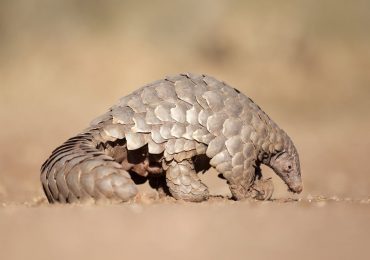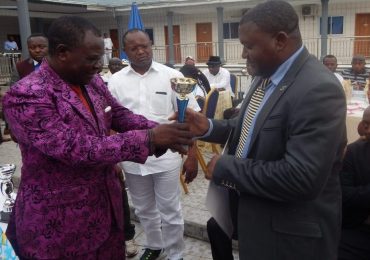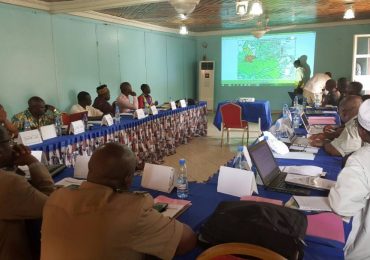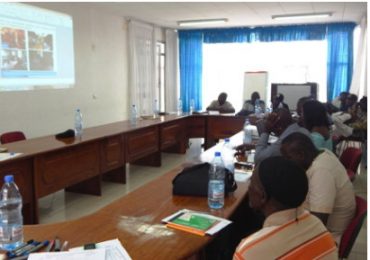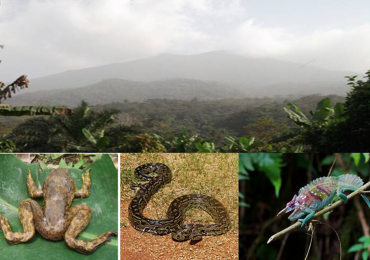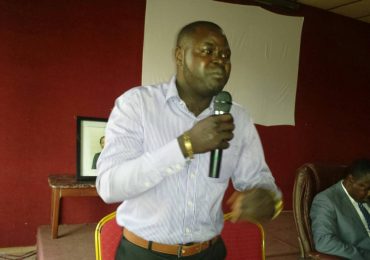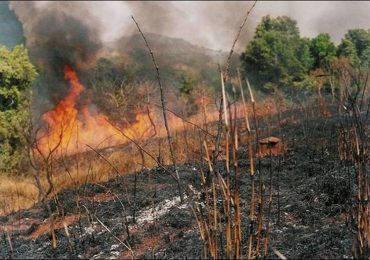African Non-Governmental Organisations (NGOs) within the Central Africa Sub-Region, involved in the conservation of Great Apes, have come up with some key strategies that will foster great apes conservation within the Sub-Region. These strategies include but not limited to building the capacity of these NGOs on Great Apes data collection, fundraising and the reconstitution of a more efficient executive for the Alliance for Great Apes Conservation in Central Africa (Alliance-GSAC).
By Phillip Tem
The strategies were arrived at during the second strategic workshop of Alliance-GSAC for the management of Great Apes in Central Africa, which took place from the 20-24 August 2017 at the Tropical Forest-Rural Development Field site in Kabilone II.
This second strategic workshop, was organized by the International Union for the Conservation of Nature (IUCN)-Cameroon. According to the main Facilitator, Thomas Bacha, who doubles as the Coordinator of Alliance-GSAC, a number of factors motivated the workshop
“Most of the local NGOs within the central Africa region have some major problems of governance and fundraising. It is thus, necessary to bring these NGOs, mostly from Democratic Republic of Congo, Congo Brazzaville, Gabon, and Cameroon, on board to look for ways and means to better conserve great apes in central Africa,” he added.
The workshop brought together Presidents and or Chief Executive Officers and Focal Points of African NGOs including the Environment and Rural Development Foundation (ERuDeF) from Cameroon, Endangered Species International (ESI) from Congo, Mbou Mon Tour (MMT) from Congo Brazzaville and the Tropical Forest-Rural Development (TF-RD) from Cameroon.
For five days, these NGOs reviewed some pending projects and proposals for African Great Apes Conservation as well as mapped out ways to engage other stakeholders in great apes conservation within the Sub-Region.
Modalities were also set for the acceptance of new members. Member organisations agreed to ensure that all annual reports of the network are produced in both English and French. They also agreed to meet on monthly bases via skype to discuss Network’s activities. Meanwhile members were called upon to pay their annual dues of 250 euros before March 30 of each year. The next Strategic workshop was scheduled to take place between May and June, 2018 to be organized by ERuDeF in Menji.



